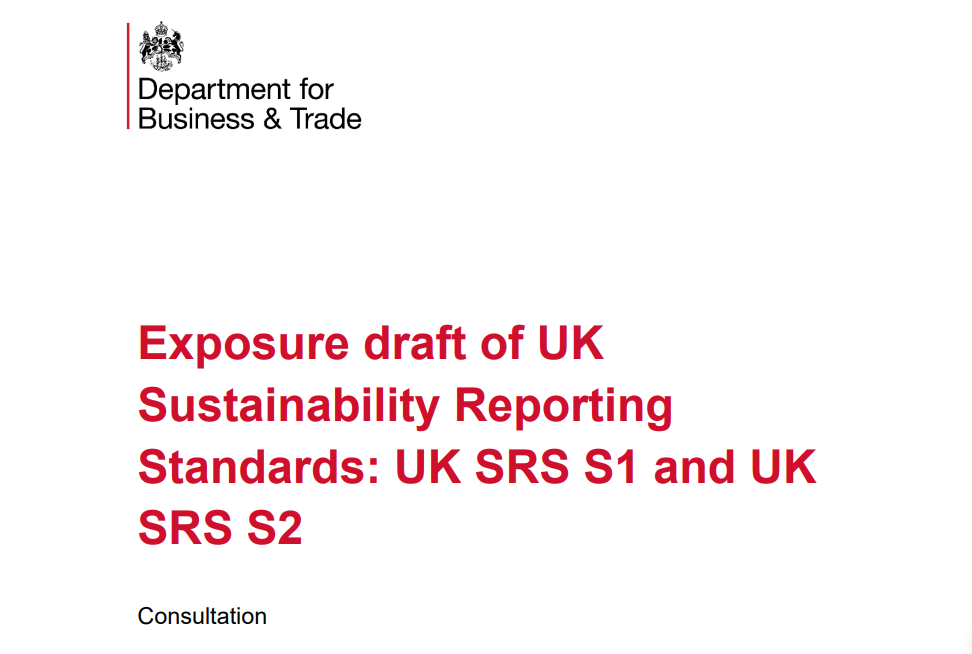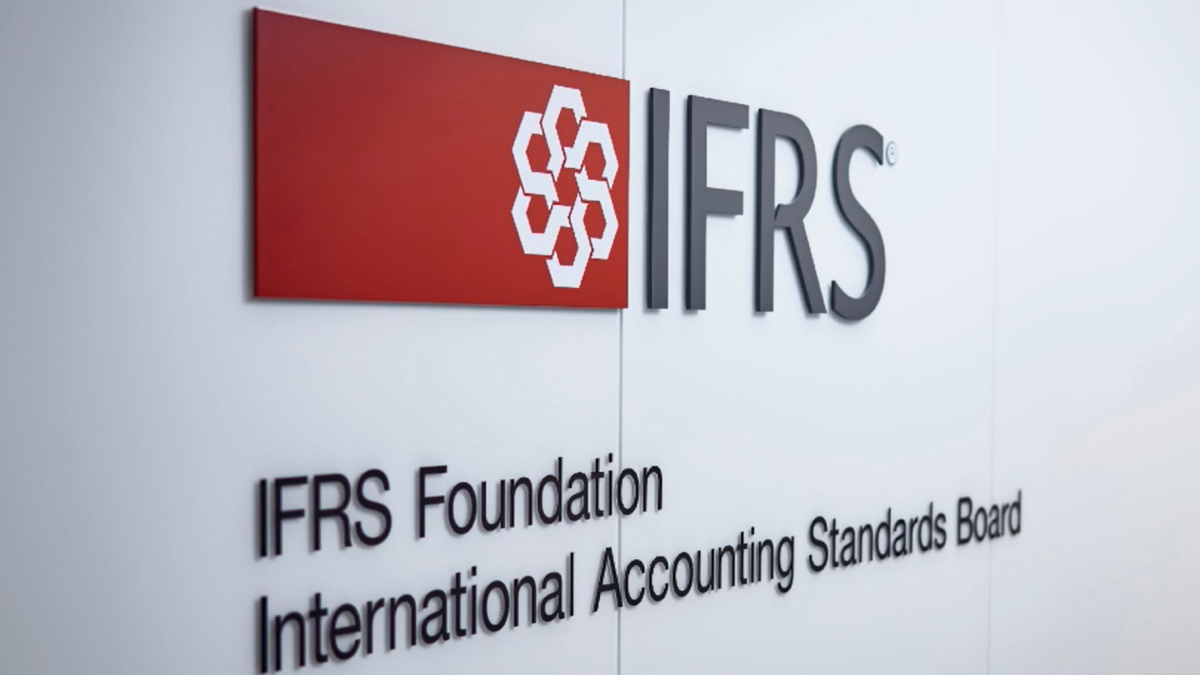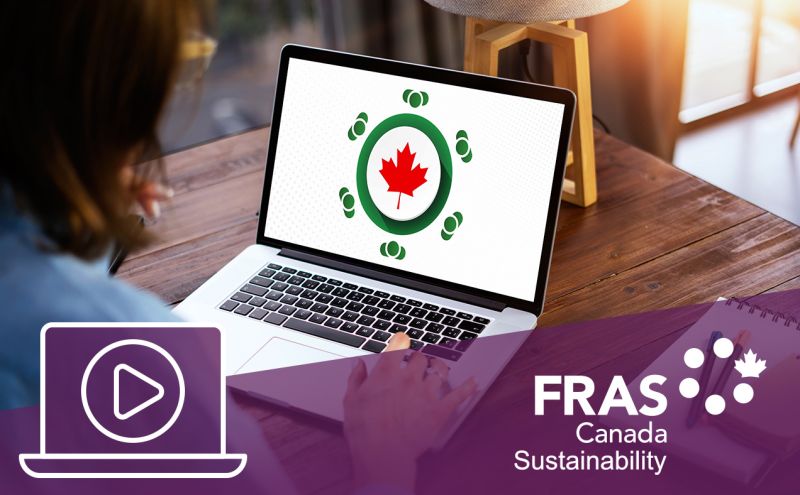UK Releases Draft Sustainability Reporting Standards Aligned with ISSB Framework
The UK is progressing its approach to sustainability reporting with the release of draft Sustainability Reporting Standards aligned with ISSB requirements.

On 25 June 2025, the UK Department for Business and Trade published exposure drafts of the UK Sustainability Reporting Standards (UK SRS S1 and UK SRS S2). The proposed standards align closely with the IFRS Foundation’s ISSB Sustainability Disclosure Standards (IFRS S1 and IFRS S2), aiming to establish a consistent framework for sustainability-related financial disclosures in the UK market.
The UK SRS drafts are part of a broader package of consultations covering sustainability disclosure assurance and climate-related transition planning. The consultation is open until 17 September 2025, with the final standards expected to be published in autumn.
Purpose and Context
The UK government frames these developments as a step towards positioning the UK as a global leader in sustainable finance while supporting the transition to a climate-resilient economy. The proposed standards are designed to deliver decision-useful sustainability and climate-related financial information to investors, aligning with the UK’s objectives to enhance transparency, comparability, and investor confidence.
These drafts build upon the ISSB’s structure, which is based on the TCFD’s governance, strategy, risk management, and metrics and targets pillars, with a financial materiality focus.
Key Proposed Amendments
- Removal of delayed reporting relief: IFRS S1 permits entities to publish sustainability-related disclosures later than their financial statements in the first year of reporting. The UK draft removes this relief to maintain the principle of “connectivity” between sustainability disclosures and financial statements, reflecting that many UK entities already report climate-related information aligned with TCFD on the same timescale.
- Extended climate-first relief: IFRS S1 allows entities to defer disclosure of non-climate sustainability-related risks and opportunities for one year while reporting climate-related matters in the first year. The UK draft extends this relief to two years, allowing entities to focus initially on climate-related reporting before expanding to wider sustainability disclosures, with year-by-year phasing aligned with Scope 3 emissions timing.
- GICS flexibility: IFRS S2 requires entities to use the Global Industry Classification Standard (GICS) 6-digit industry-level code for financed emissions disclosure, which can add cost and complexity. The UK draft removes this requirement, allowing entities to use GICS or alternative classification systems they already use in reporting, to maintain connectivity while reducing unnecessary burdens.
- Removal of effective date: IFRS S1 and S2 set an effective date of 1 January 2024, requiring simultaneous application. The UK draft removes this fixed date, renaming the section to “Initial application” and adding clarification that any effective date will be set by future legislation or regulation, while retaining the requirement to apply UK SRS S1 and S2 at the same time.
- SASB references amended: IFRS S1 and S2 require entities to “shall refer to and consider the applicability of” SASB standards, which were originally developed for US SEC filings and are being internationalised by the ISSB. The UK draft changes this to “may refer to and consider the applicability of” to reflect stakeholder feedback favouring voluntary use while maintaining flexibility, and notes that the government will review this after the ISSB completes its SASB enhancement project.
- Transition reliefs linked to mandatory reporting: IFRS S1 and S2 include transition reliefs with different objectives. The UK draft clarifies that these reliefs will apply from the point at which mandatory requirements take effect, rather than from the point of voluntary adoption. This change is intended to encourage early voluntary adoption without penalising entities, while ensuring that companies outside the scope of future mandatory requirements can still choose how to apply these reliefs.
These adjustments aim to balance ease of adoption, maintain international alignment, and ensure cost-effective implementation for UK entities.
Implementation Considerations
The government seeks stakeholder input on potential costs and benefits of adopting UK SRS. Expected benefits include enhanced investor confidence, improved risk management, and lower capital costs for entities providing high-quality, comparable sustainability data. Costs may include system and process updates, staff training, and data collection, especially for reporting across the value chain.
Future consultations will determine whether UK SRS adoption becomes mandatory for listed companies and economically significant entities, with potential integration into FCA listing rules and the Companies Act framework. The phased approach aligns with broader plans to streamline the UK’s non-financial reporting regime while maintaining international competitiveness.
Timeline and Next Steps
- Consultation closes: 17 September 2025
- Final standards publication: Autumn 2025
- Potential mandatory implementation: Subject to further consultation and regulatory decisions.
Full details of the UK SRS exposure drafts and the consultation process can be accessed on the UK Department for Business and Trade’s official website, where stakeholders can review the documents and participate in the consultation. Entities wishing to participate in shaping the UK’s sustainability disclosure landscape are encouraged to submit their views before the consultation.



